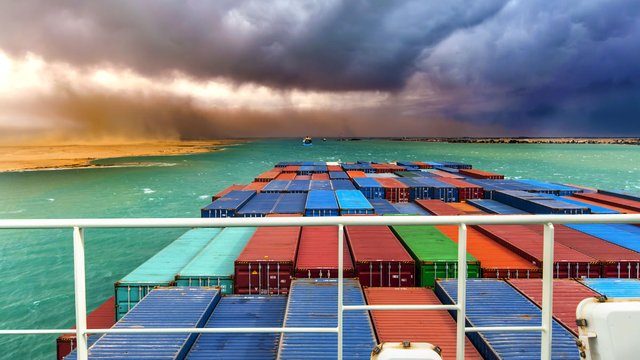It is well known that the world economy, and especially the developing world, is facing a harsh reality as production processes or specific cost centers cannot be fully covered, as a series of difficult events and unprecedented macroeconomic policies combine to provoke a crisis in the field of development.

The indirect cost category contains a wide variety of items. Many inputs are required in addition to direct labor and direct materials to produce products. Examples include depreciation of buildings and equipment, maintenance, supplies, supervision, materials handling, energy, property taxes, care of factory grounds, and plant security.
Supplies are generally those materials required for production and which do not become a part of a finished product or are not used for the provision of a service, direct materials that form an insignificant part of a final product are generally included within the indirect cost category as a special type of indirect material.
The cost of direct labor overtime is also generally allocated as an indirect cost. The rationale is that typically no particular production run can be identified as the cause of the overtime. Accordingly, the cost of overtime is common to all production runs and is therefore an indirect manufacturing cost.

As described above, the developing world faces an extremely difficult short-term outlook, characterized by sharply rising food, fertilizer and energy prices, rising interest rates and credit spreads, currency depreciation, and capital outflows.